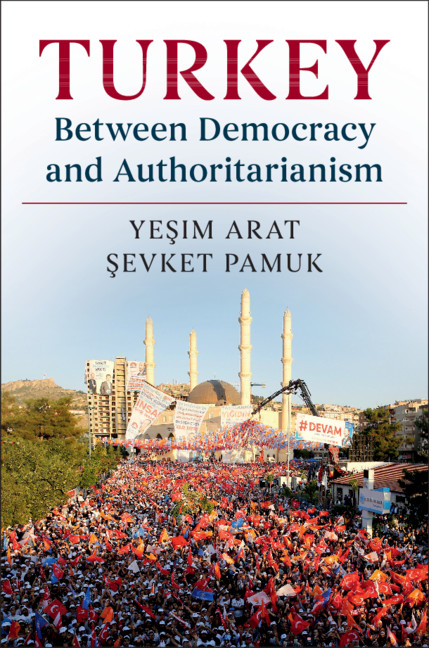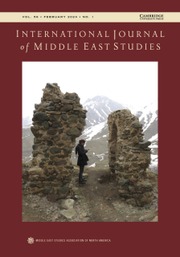Civic Death in Contemporary Turkey
What does it mean for a government to declare its citizens 'dead' while they still live? Following the failed 2016 coup, the Turkish AKP government implemented sweeping powers against some 152,000 of its citizens. These Kanun hükmünde kararnameli ('emergency decreed') were dismissed from their positions and banned for life from public service. With their citizenship rights revoked, Seçkin Sertdemir argues these individuals were rendered into a state of 'civic death'. This study considers how these authoritarian securitisation methods took shape, shedding light on the lived experiences of targeted people. Bringing together approaches from political philosophy, social anthropology, and sociology, Sertdemir outlines the approaches and justifications used by the Turkish government to dismiss opponents, increase surveillance, and brand citizens as 'terrorists'. At the same time, extensive archival research and in-depth interviews bring focus to the impact of these measures on the lives of women, and the disabled and LGBTQ+ communities.
- Combines ethnographic research and political theory, demonstrating how an authoritarian regime used citizenship deprivation as a tool of control
- Highlights multiple in-depth case studies, providing a nuanced understanding of how securitisation unfolds
- Closely analyses the practices of the Turkish government, with a particular focus on methods of surveillance and control
Reviews & endorsements
‘Seçkin Sertdemir offers a much-needed intervention in the realm of Turkish politics, pushing debates beyond the usual discussions of comparative authoritarianism and regime change in Turkey. This book impressively combines both theoretical and empirical contributions, providing original insights into Turkish politics, and its findings are applicable to other cases worldwide.’ Bahar Baser, Durham University
‘Civic Death in Contemporary Turkey treats its topic in an original and stimulating manner. Seckin Sertdemir’s work reflects interesting and novel scholarship, and is significantly original in its material.’ Christian Kaunert, University of South Wales
Product details
January 2025Hardback
9781009524612
248 pages
235 × 158 × 19 mm
0.51kg
Available
Table of Contents
- Introduction: the emergence of the authoritarian securitisation State in Turkey
- 1. Protection: State security and the widening Orbit of securitisation
- 2. Punishment: civic death, cruel retribution, and the securitisation of academic purges
- 3. Control: centralised digital politics, lateral surveillance, and shared governance of contingencies and extra-legal over-reach into domestic life
- 4. Regulation: informal rule of law, radical uncertainty, and Atmosfearic (self-)regulation
- 5. Biosecuritisation: the doubled civic death of purged women, LGBTQ+, and disabled people
- Conclusion: Turkey's authoritarian securitisation State and the Global rise of authoritarianism
- Reference list
- Index.






